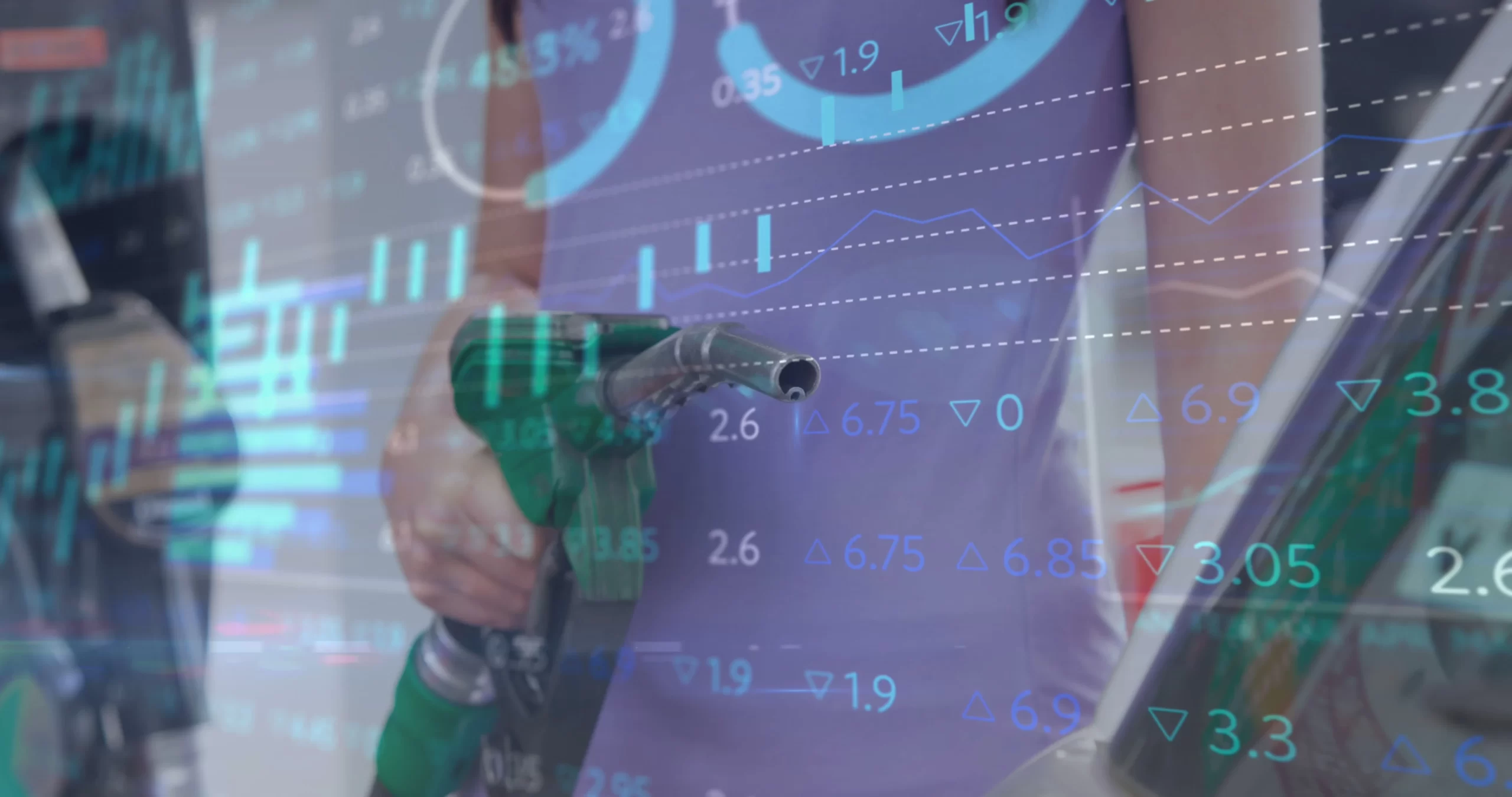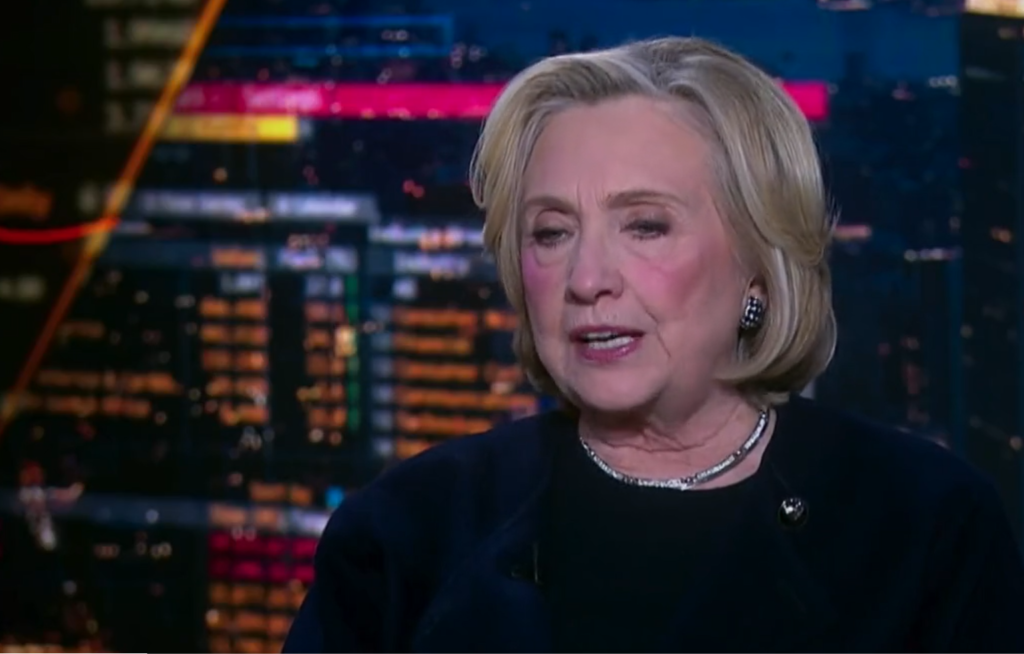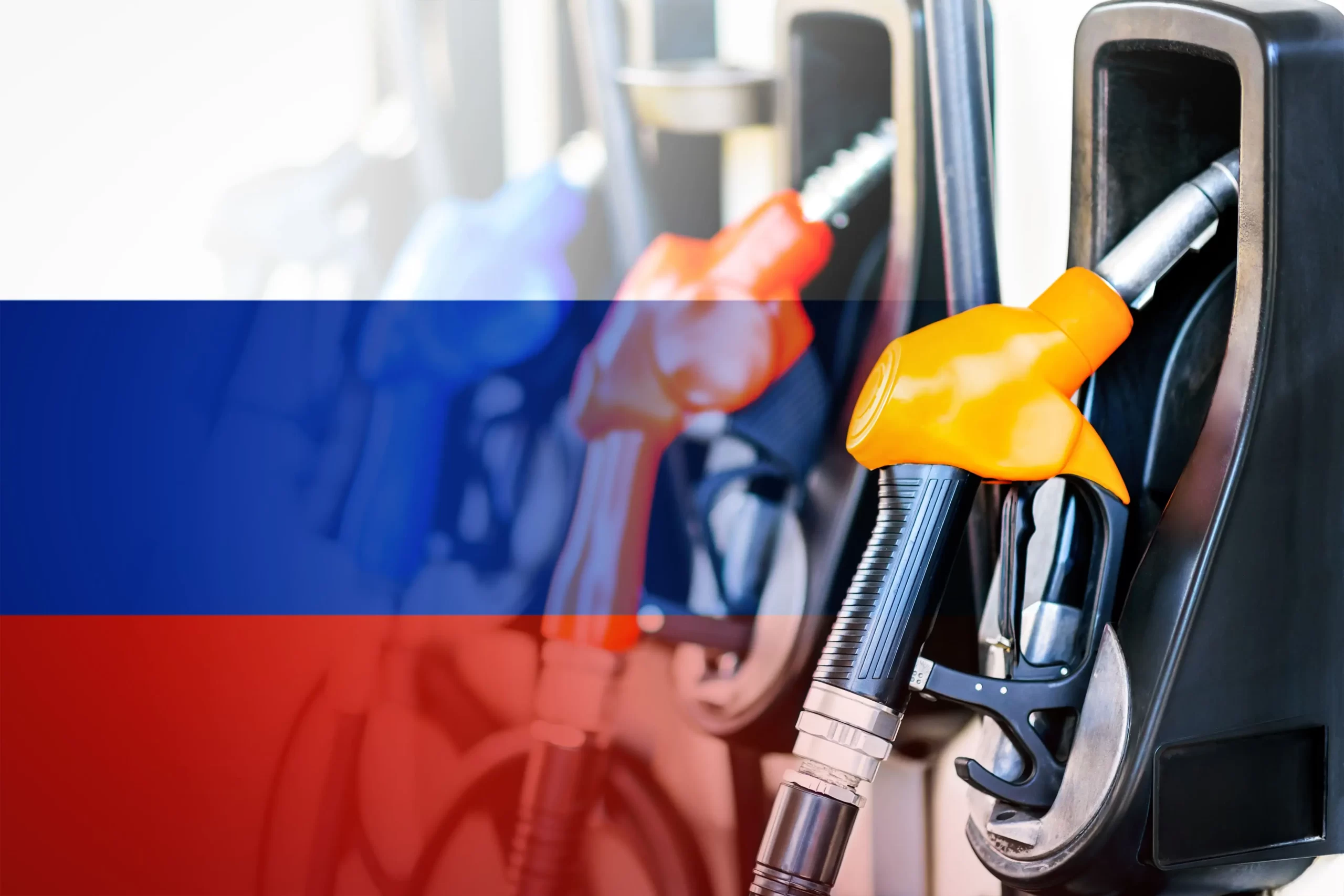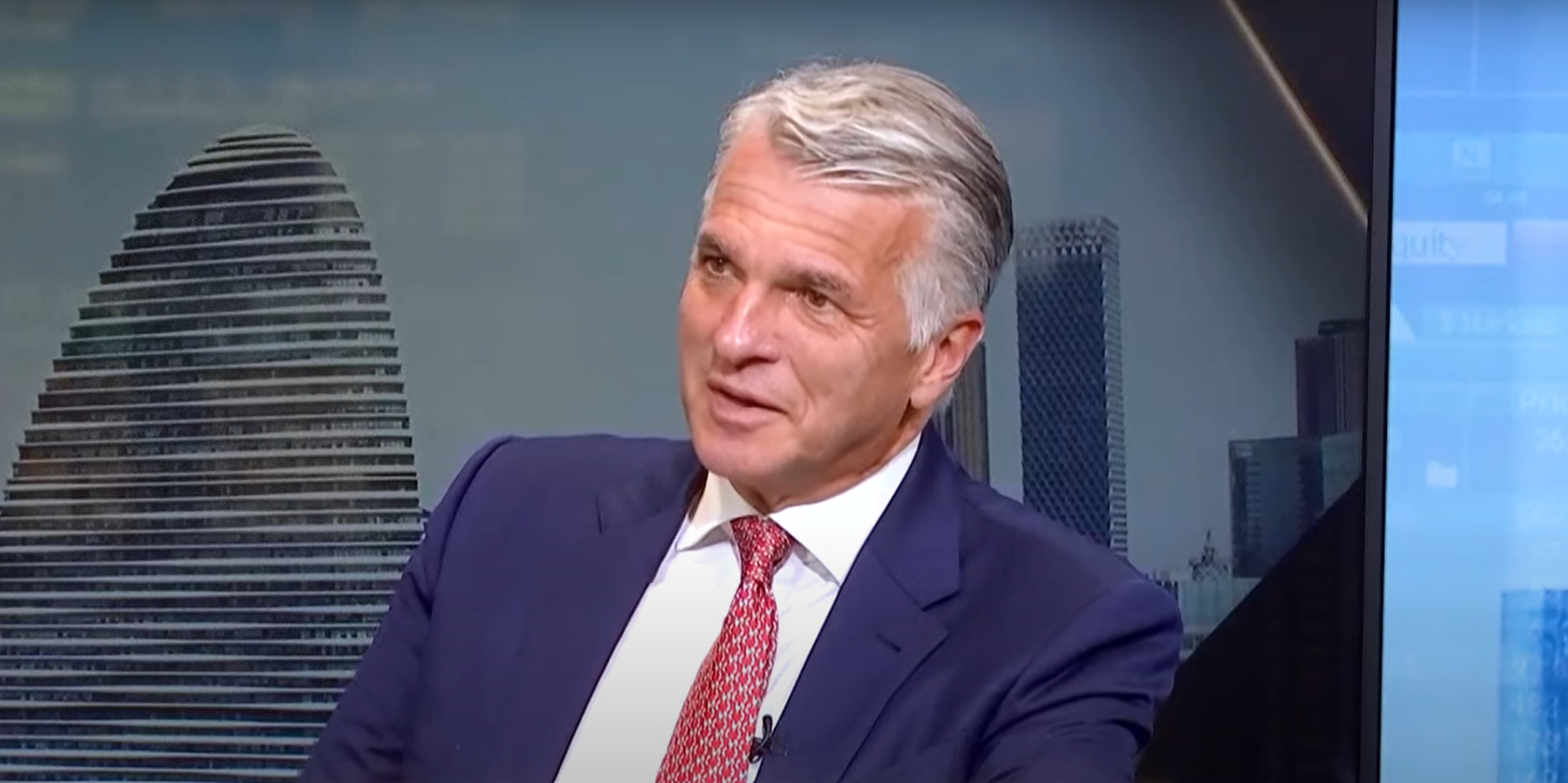Energy and Petroleum Cabinet Secretary, Davis Chirchir, has raised concerns about the possibility of fuel prices in Kenya surging to an unprecedented Sh300 per liter if the conflict between Israel and Hamas persists. Mr. Chirchir expressed these concerns during his appearance at the ongoing National Dialogue Committee hearings.
While acknowledging that the rise in fuel prices is a global issue, he emphasized that government interventions have thus far helped prevent a further increase in pump prices. Mr. Chirchir stated, “We can’t do much on international pricing of petroleum. I read an article that international (crude) prices could go up to $150 (per barrel) due to the Israel-Hamas war, which could result in our products reaching as high as Sh300 per liter at the pump. We hope it doesn’t get to that point.”
Analysts have suggested that the ongoing conflict, which began last month, may prompt the United States to impose stricter sanctions on Middle-Eastern oil producers perceived as supporters of Hamas. This could potentially reduce global crude oil supplies, leading to increased fuel prices worldwide.
This scenario draws parallels with the Russia-Ukraine conflict that erupted in February the previous year, driving fuel prices to new highs due to global supply disruptions that also impacted grain shipments from Ukraine.
According to Mr. Chirchir, the government led by President William Ruto has successfully renegotiated a government-to-government oil deal between Kenya and Gulf countries, particularly Saudi Arabia and the United Arab Emirates (UAE). This renegotiation aims to lower fuel premiums and stabilize the exchange rate. Mr. Chirchir stated, “The G-to-G agreement has alleviated pressure on the Kenyan shilling by reducing the monthly depreciation rate from three percent to one percent.”
These developments occur as the Energy and Petroleum Regulatory Authority (EPRA) prepares to announce new fuel prices next week. Additionally, this comes at a time when Kenyan consumers are grappling with record-high fuel prices following last month’s price adjustments by the energy regulator.
During the October-November price review, EPRA raised petrol prices by Sh5.72 per liter, diesel by Sh4.48, and kerosene by Sh2.45. This pushed petrol prices in Nairobi to an all-time high of Sh217.36 per liter, with diesel and kerosene retailing at Sh205.47 and Sh205.06, respectively. In Mombasa, these products are being sold at Sh214.3, Sh202.41, and Sh201.99, respectively, representing a significant increase compared to previous prices.
The concerns raised by Energy CS Davis Chirchir underscore the potential impact of international conflicts on fuel prices in Kenya and the government’s efforts to mitigate these effects through strategic negotiations and policies.










Leave a Reply